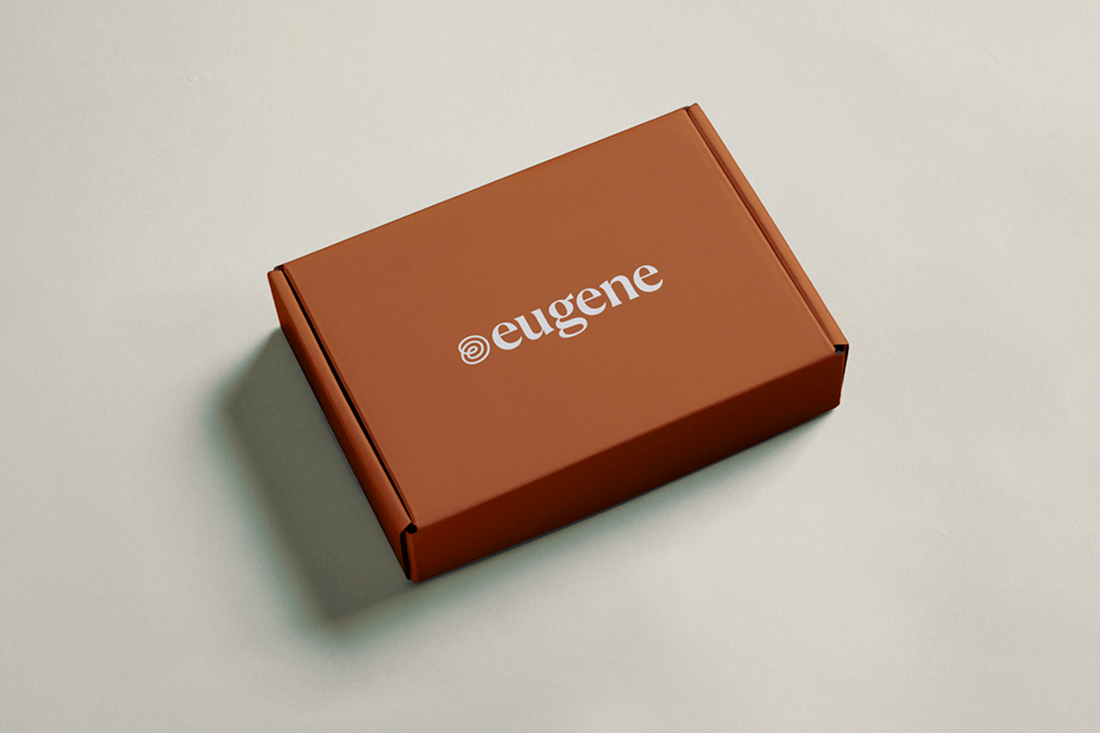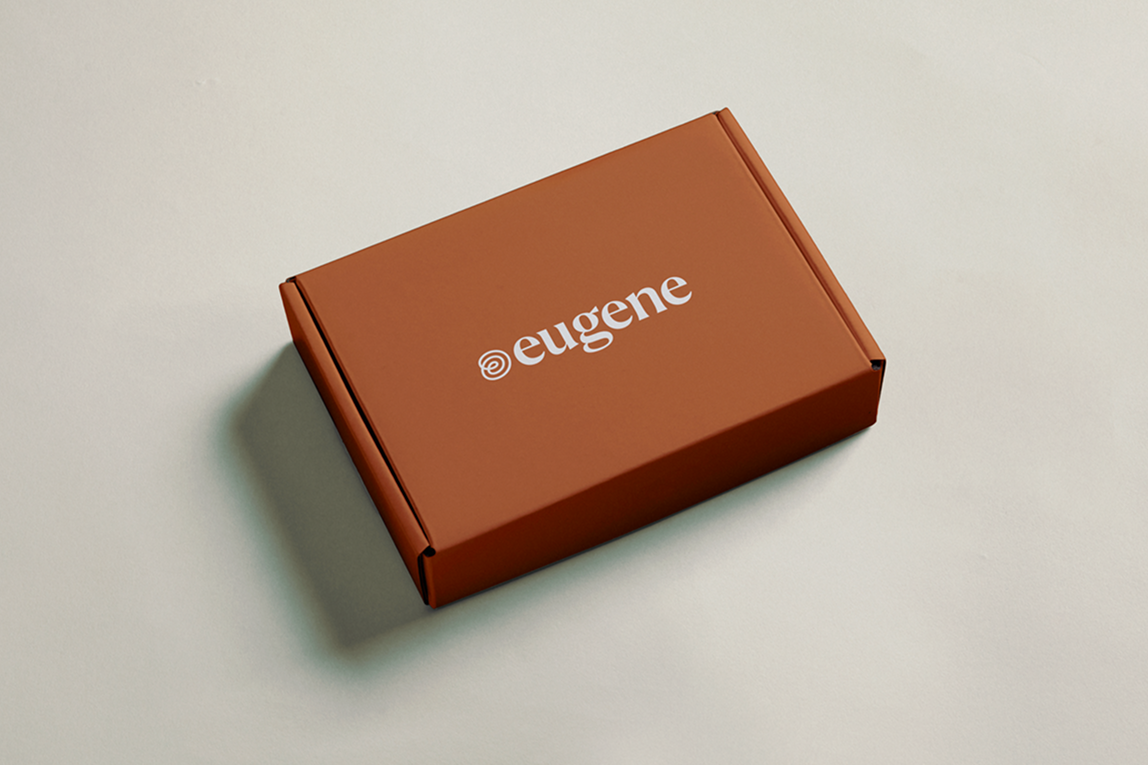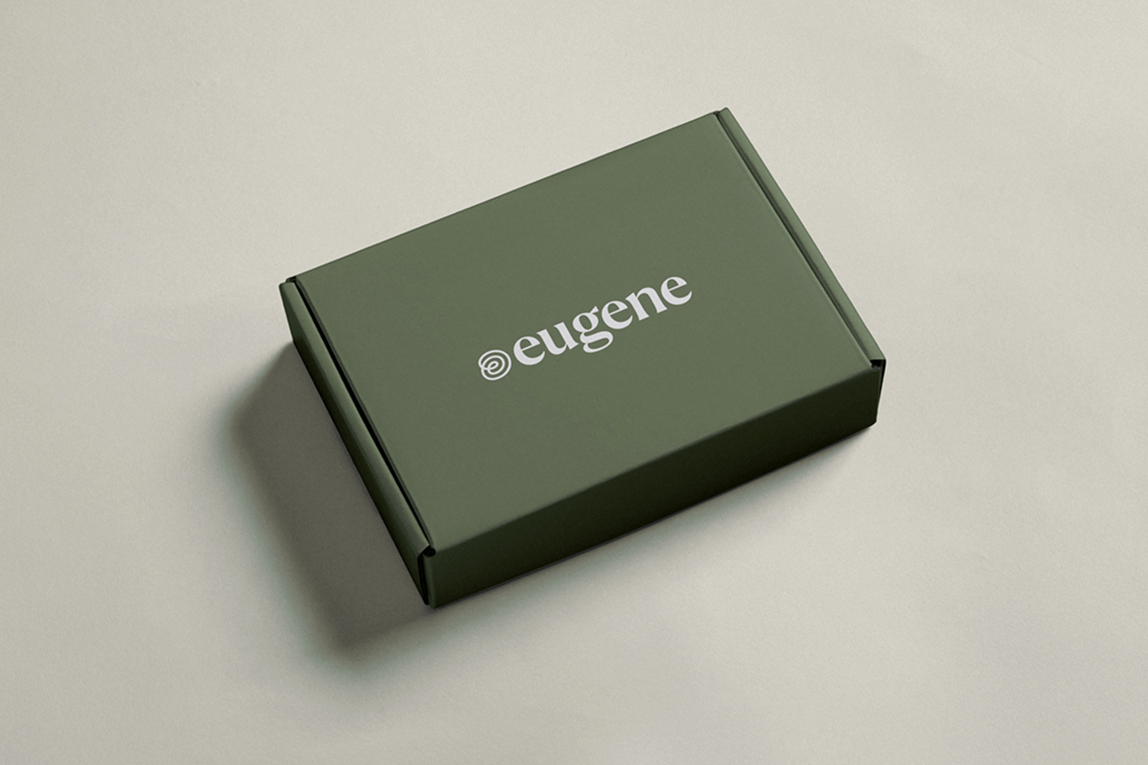
Integrate proactive genetics into your service with confidence
Partner with Eugene to deliver medical-grade, at-home genetic testing paired with expert genetic counselling — so your doctors can provide proactive, preventative care with clarity and confidence.

Support better care, without adding complexity
Eugene enables clinics to deliver clinical-grade genetic screening with ease. We manage the logistics, compliance and counselling—so your team can focus on care.
Features
-
End-to-end service: sample kits, testing, genetic counselling
-
Easy integrations with minimal admin
-
Aligned with clinical best practice guidelines
Benefits
-
Clear, actionable reports that support early intervention
-
Designed for everyday care—not just specialists
-
Seamless integration with your existing workflow
What test options are available?
There are three Proactive Health tests available at Eugene:

Cancer Risk
Screens for 65+ genes that increase your risk of developing some of the most common cancers including breast, ovarian, bowel and prostate cancer.

Heart Health
Screens 85+ cardiac risk genes that increase your risk of developing some of the most common types of heart disease - including arrhythmia, cardiomyopathy, high cholesterol, high blood pressure and thrombophilia.

Preventative Health Test
Screens a total of 180+ genes including the genes screened in both the cancer and heart health tests, plus 20 additional health risk genes including dystonia and hemochromatosis.
Who we work with




What our partners are saying

Dr Steven Lu
"Partnering with Eugene has been incredibly valuable for us at Everlab. As clinician-founded health companies, we share deeply aligned values, a commitment to clinical rigour, meaningful outcomes, and doing what’s right for patients. Eugene brings genuine integrity to genetic screening: no unnecessary testing, no hype — just transparent, evidence-based care. Their approach is thoughtful, their counselling excellent, and the patient experience smooth from end to end. We’re proud to work with a partner that puts clinical quality and patient trust first, just as we do."

Dr Sebastian Pedersen
"Eugene genetic testing enables truly personalised medicine by uncovering inherited risks for conditions like cancer and heart disease, guiding earlier interventions and more tailored care. By understanding how each person’s genes influence their health, we can personalise prevention and treatment strategies—shifting from a one-size-fits-all model to proactive care that supports longer, healthier lives."

How can preventive genetic screening benefit healthy individuals?
Most medicine today is reactive — we see patients once symptoms appear. But with medical-grade genetic screening, you can help change that. By identifying inherited risks for conditions like cancer or heart disease before they develop, you empower patients to take meaningful action. With clear, evidence-based insights from their DNA, you can guide them toward prevention, not just treatment — and help shape a healthier future.

6%
(~ 1 in 20) of individuals carry a pathogenic gene variant that significantly increases their risk for cancer, cardiovascular disease, or other serious health conditions.
What is included in a Proactive Health Test?
When a patient orders a proactive health test at Eugene, they receive:

An at-home specimen collection kit for non-invasive, saliva-based sample collection.
Access to consultations with a certified genetic counsellor.
A laboratory test report from Eugene’s certified partner laboratory.
An additional Eugene report that helps contextualise the results from the laboratory report for the patient, and details any next steps or recommendations.
In cases where increased risk is identified, Eugene’s clinical team can assist with referrals to an appropriate specialist to ensure appropriate ongoing care.

Case Study
A healthy woman in her late 30s came to Eugene for proactive genetic testing. She had no personal or family history of cancer or heart disease — but through preventive screening, we identified a disease-causing variant linked to cardiomyopathy. This meant she had a higher risk of heart failure and sudden cardiac death.
With support from Eugene’s clinical team, she gained clarity on what this result meant for her and her family. We helped her understand that this variant can affect people differently — and that some may never develop symptoms at all.
Thanks to this insight, she and her children were referred to a cardiologist for personalised monitoring and care. This opened up proactive options like regular surveillance and medication if needed — steps that can reduce or prevent serious heart issues later in life.
Without this testing, she might never have known about her risk until it was too late. Instead, she now has the knowledge and tools to take control of her health and protect her future.
FAQ’s from patients for referring clinicians
What does the test screen for?
What does the test screen for?
It looks for gene changes that increase the risk of certain cancers, heart conditions, and surgical complications.
Which specific cancer and heart conditions are screened?
Which specific cancer and heart conditions are screened?
Refer to this preventative conditions list
How long do results take?
How long do results take?
4-6 weeks from when sample is returned to us
Do any of these tests screen for Alzheimer’s, diabetes, or autoimmune conditions?
Do any of these tests screen for Alzheimer’s, diabetes, or autoimmune conditions?
No
How is consent handled?
How is consent handled?
Patients undergo an informed consent process as part of onboarding.
If a gene change is found, does it mean I have the disease?
If a gene change is found, does it mean I have the disease?
No, it means you may have an increased risk — not a diagnosis.
What is a gene change?
What is a gene change?
It’s a variation in your DNA compared to the general population.
Do all gene changes cause disease?
Do all gene changes cause disease?
No. Benign changes don’t affect your health and aren’t reported. Pathogenic changes impact how genes function and may increase disease risk. These are reported and discussed with you.
How is this testing different from nutrigenomic testing?
How is this testing different from nutrigenomic testing?
Eugene Labs' proactive screening tests focus on identifying disease risk for early intervention. Nutrigenomics testing analyzes DNA to understand how genes interact with nutrients, offering tailored dietary recommendations to optimise health, not disease risk.
How is this different from 23andMe or Ancestry.com?
How is this different from 23andMe or Ancestry.com?
Eugene offers clinical-grade screening focused on actionable health risks that are reviewed by a geneticist and genetic counsellors. In Australia, 23andMe and Ancestry.com only offer ancestry testing—not health-related genetic testing.
When might testing not be recommended?
When might testing not be recommended?
If you have a strong personal or family history of a condition, you may be referred to a clinical genetics service instead.
What if I have a high-risk result—what does it mean for my family?
What if I have a high-risk result—what does it mean for my family?
If the gene change is inherited in a dominant way, first-degree relatives have a 50% chance of carrying it. They’ll be advised to get their own assessment. Eugene can provide support and letters for family members.
Will this affect my life insurance?
Will this affect my life insurance?
Existing policies aren’t affected. For new policies over $500,000, you must disclose high-risk results after you have received your results, which may impact eligibility or premiums.
How is this different from carrier screening?
How is this different from carrier screening?
Carrier screening: for reproductive planning; identifies risk of passing on childhood genetic conditions. Proactive screening: for personal health; identifies adult-onset disease risks
Curious to learn more?
Book a call with our partner success team
- Choosing a selection results in a full page refresh.
- Opens in a new window.

